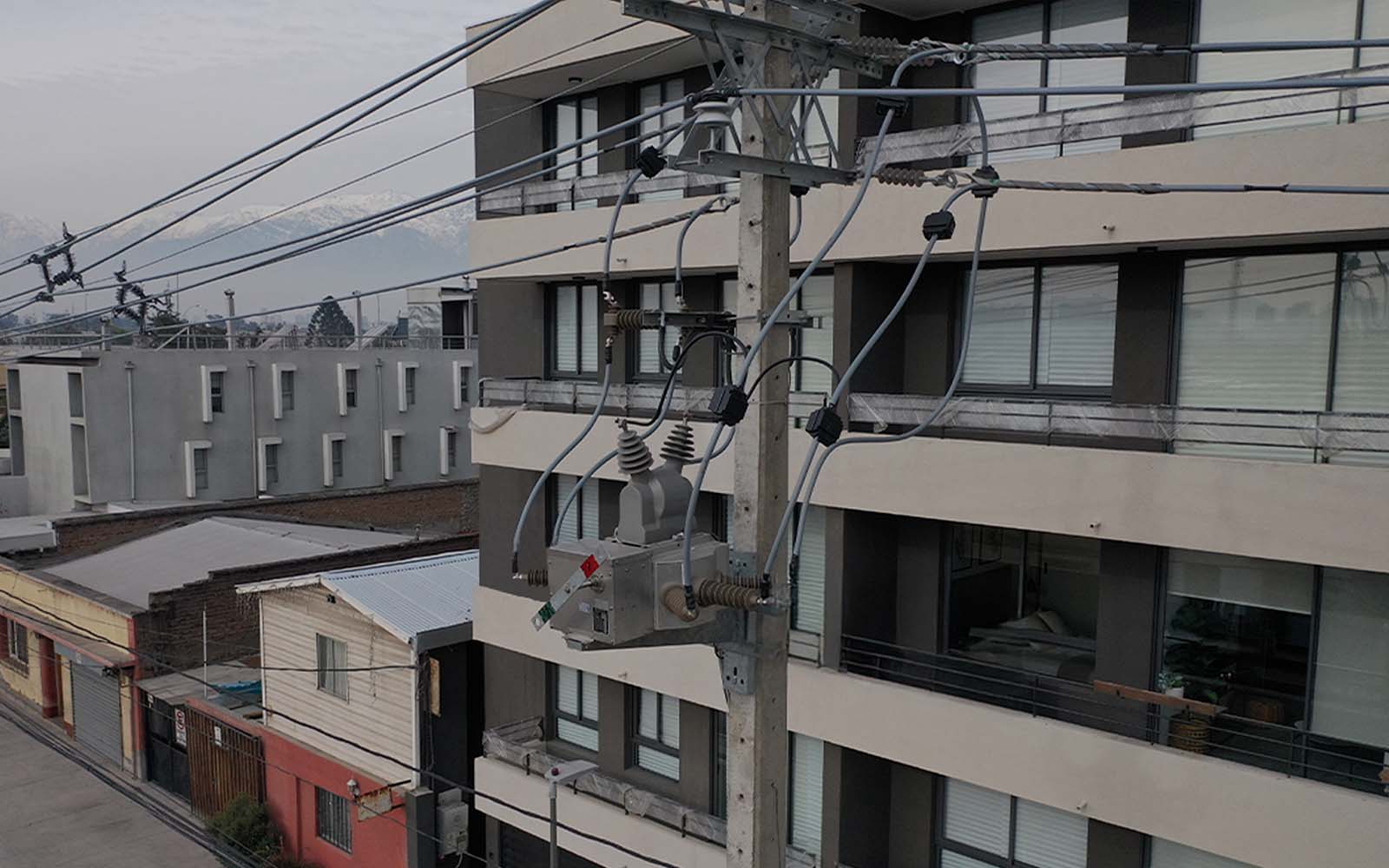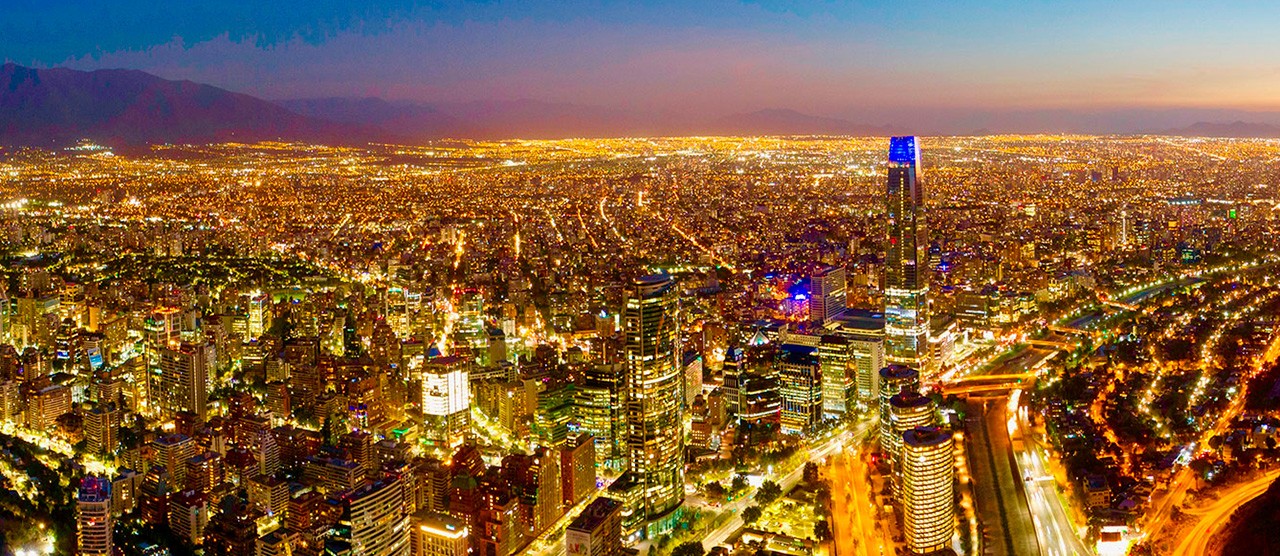



Postes reciclados y pintura que descontamina: así es la infraestructura eléctrica sostenible
Toda la energía puesta en ti. En Enel trabajamos día a día para mejorar la calidad de vida de todos.
Si tienes un familiar electrodependiente, con hospitalización domiciliaria, regístralo
Alimentador Queule: mayor capacidad y flexibilidad para 30 mil familias del sector sur poniente
Postes reciclados y pintura que descontamina: así es la infraestructura eléctrica sostenible
Toda la energía puesta en ti. En Enel trabajamos día a día para mejorar la calidad de vida de todos.
Distribución
Pago de cuenta
-
Pago de cuenta
-
Copia de boleta
-
Mapa de cortes en línea
-
Ante una emergencia estamos contigo
-
autolectura
-
Convenio de Pago
-
Pago de cuenta
-
-
-
Pago de cuenta
-
Copia de boleta
-
Mapa de cortes en línea
-
Ante una emergencia estamos contigo
-
autolectura
-
Convenio de Pago
-
Pago de cuenta
-
-




